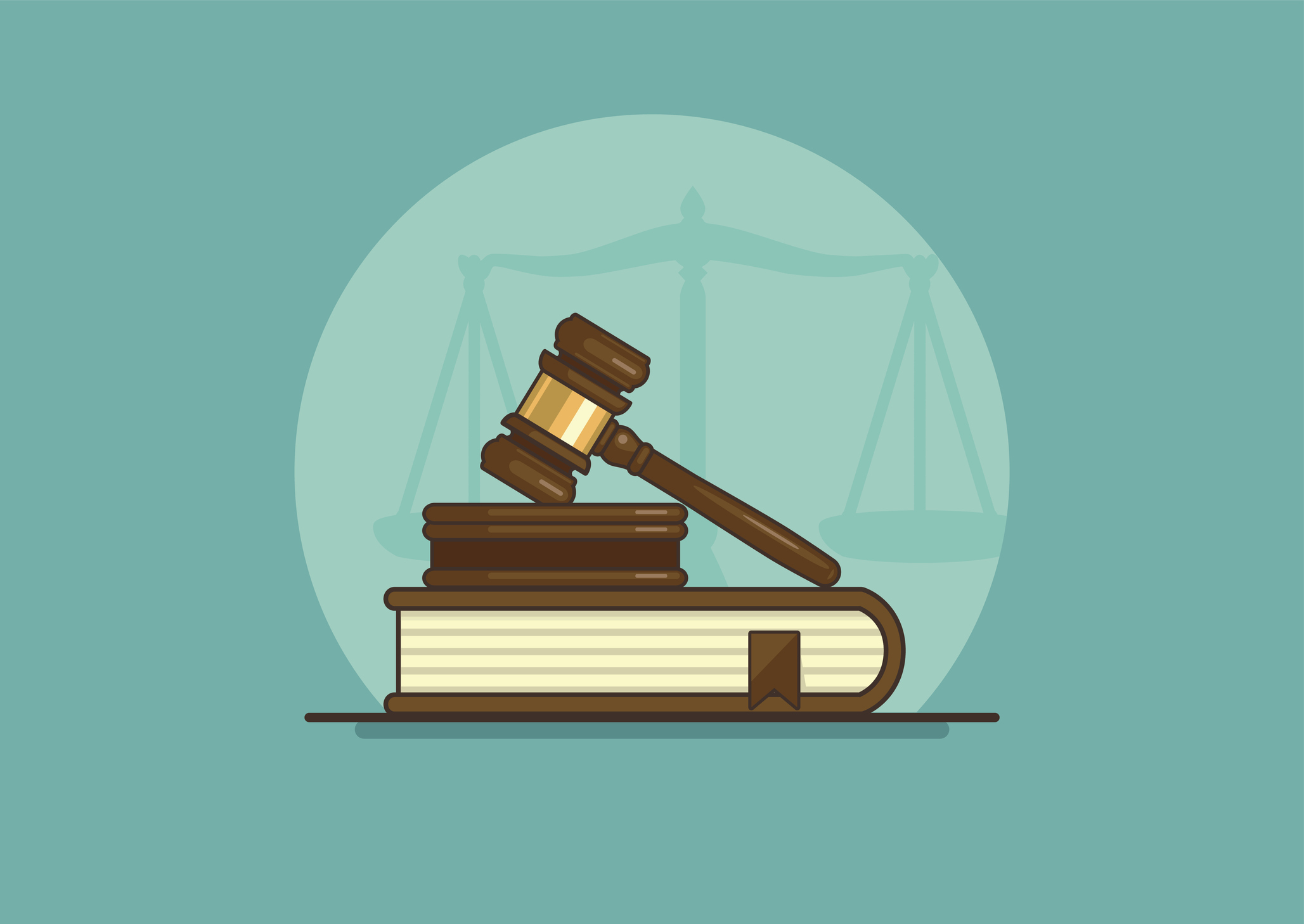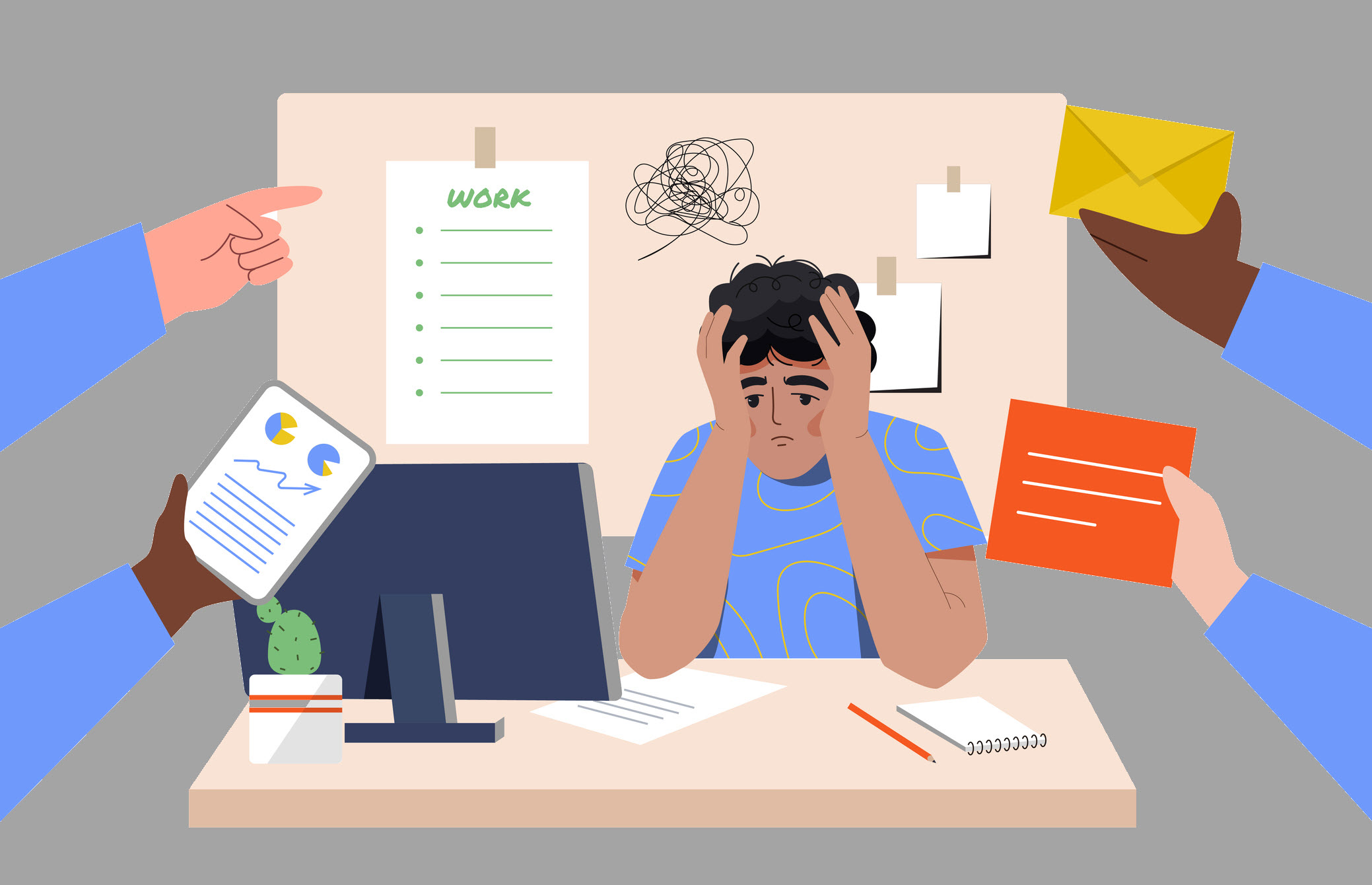The 4 Defense Mistakes Contributing to Nuclear Verdicts
You’ve built your defense strategy, but does it include accommodations that combat the effects of social inflation trends? Before considering your closing argument, make sure your approach avoids these common mistakes.
January 3, 2022

Nuclear verdicts refer to jury awards exceeding $10 million or those greater than the expected payout based upon the circumstances of the loss. These verdicts have become commonplace in the U.S., with social inflation trends on the rise. Emotion and trust play a significant role in how a jury rules in these personal injury and liability cases. Still, a defense that has adapted to changes in the environment can more readily combat these causes.
“A continuing trend of social pressures could make it very difficult and expensive for companies to secure liability coverage, as carriers continue to increase rates and reduce capacity in the marketplace,” said Mark Walls, Vice President of Client Engagement at Safety National. “That makes it increasingly important for defense attorneys to understand and react to influences like jury behaviors, litigation financing and statute of limitation extensions.”
Avoiding these four mistakes may prove helpful in a defense counsel’s strategy.
1. No Preparation Against a Reptile Attack
The reptile theory is a plaintiff strategy that preys on the jury’s fear by arguing the defendant’s action or inaction increased danger to the community. The plaintiff’s attorney then convinces the jury it has the power to improve the safety of the community by returning a large verdict against the defendant, thus protecting the community from future harm. The purpose is to anger jurors. One strategy in defeating this approach may be to prepare witnesses for a reptile practitioner’s method of questioning. Their questioning usually starts with broad, overgeneralized questions about safety and then leads the witness down a path that becomes psychologically difficult to back out of due to confirmation bias.
2. Failure to Anchor
One mistake defense attorneys make in closing arguments is, at times, failing to provide a damages number for the jury, thus providing no alternative to the extremely high number suggested by the plaintiff’s attorney. The jury then has nothing to anchor or provide as a counterbalance to the multimillion-dollar award suggested by the plaintiff. Recommending a reasonable award that is anchored to the plaintiff’s injury costs, like the related hospital stay and physical therapy, and explaining why the award should be limited to only those costs may provide the jury a comparison.
3. Lack of a Trial Theme
When the defense counsel has conveyed weak themes, or most often, no theme at all, there is no story for the jury to understand. Jurors often vote for understandable, simple stories that do not require multiple experts to explain. To build a story, the defense counsel may take an extremely proactive approach, noticing depositions early and framing their questioning to favor the defense. When the defense counsel attempts to poke holes in the plaintiff’s claims, it may further allow the plaintiff’s counsel to create their own narrative as planned.
4. Inflaming the Jury
Some defense attorneys are taught to attack, and when a jury is already sympathetic to the plaintiff, this strategy may only create more bitterness toward the defendant. Accepting responsibility may diffuse juror anger. Keep in mind that does not mean accepting liability. For instance, the defense counsel can take responsibility for being a corporate defendant that has, as a top priority, a safe environment.

























